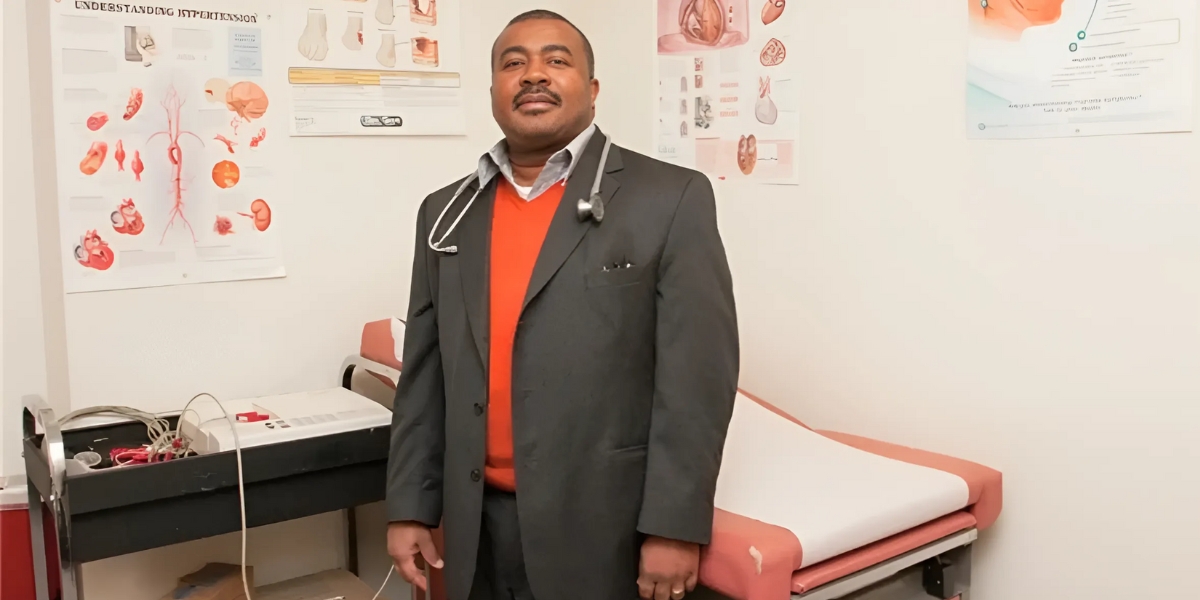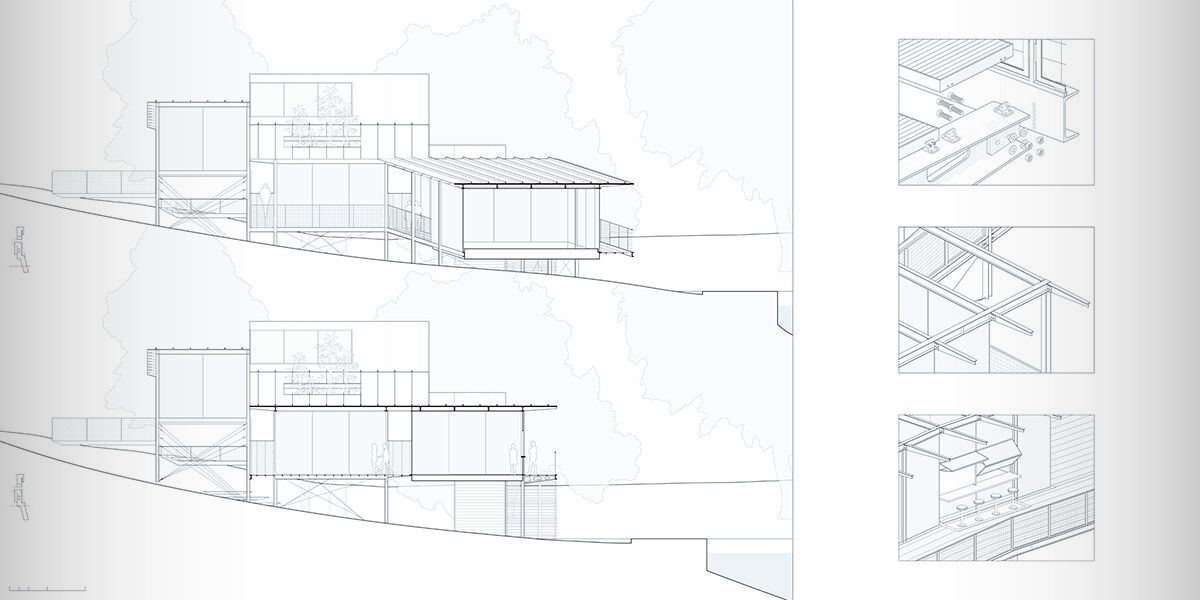By: Serene DataOps
The ability to extract actionable insights from complex information has become a critical differentiator for businesses. Companies that can effectively leverage their data gain a significant competitive advantage. They can identify customer trends, optimize operations, and predict market shifts – all with a level of precision that was unimaginable just a decade ago.
Abdullah Ahmed, the visionary founder of Serene DataOps, understands this intimately. Throughout his career, he’s built solutions that transform raw data into powerful tools for organizational success. Under his leadership, Serene DataOps has consistently been exploring and pushing the boundaries of the field and establishing innovative methodologies that empower businesses to make data-driven decisions with greater confidence.
Exploring the Frontier of Data Science
“There’s a constant stream of cutting-edge tools and methodologies emerging, and we’re actively engaged in delving into these advancements,” says Ahmed. This commitment to staying ahead of the curve is evident in Serene DataOps’ focus on several key areas that directly address these.
One area is ensuring robust and reproducible code. Frameworks like Databricks Asset Bundles and Kedro are championed by Serene DataOps, which is similar to a meticulously documented blueprint, guaranteeing reliable results every time. This ensures consistency and efficiency across projects, a benefit readily apparent when exploring new tools and methodologies.
Ahmed isn’t afraid to embrace the truly groundbreaking. He sees immense potential in Generative AI, a technology capable of streamlining development processes and even generating code snippets. “This would free up valuable time for data scientists,” he explains. “It allows them to focus on tackling more complex challenges that require the unique strengths of human ingenuity.” Here, Generative AI complements the human element, not replaces it.
Similarly, Serene DataOps acknowledges the power of human-machine collaboration through Human-Augmented Semi-Automation (HASA). HASA empowers data scientists to make faster, more informed decisions by leveraging the efficiency of automation combined with the critical thinking skills of humans—getting the best of both worlds.
And what about making data analysis accessible to a wider audience? This is where DuckDB enters the picture. This innovative “in-memory” database allows users to perform SQL queries on local files. “Think of it as the antithesis of Excel,” says Ahmed. By simplifying data manipulation, DuckDB lets a broader range of individuals unlock the power of data analysis, establishing a more democratized approach to data-driven decision-making.
Innovation Champion for Established Industries
Abdullah Ahmed isn’t one to shy away from a challenge. In fact, he thrives on them, using them as springboards for innovative solutions. Take, for instance, a complex project he previously tackled: automating a multi-departmental process within a large, established organization.
The challenge was that each department had customized the process slightly, creating inconsistencies that seemed impossible to automate. But for Ahmed, this was an opportunity. He spearheaded a collaborative effort, meticulously documenting the variations across each department. This deep understanding of the situation became the foundation for their ingenious solution — a custom-built, parameterized Robotic Process Automation (RPA) bot.
“The key was parameterization,” Ahmed explains. “We essentially created a single, adaptable bot that could handle the process variations across all departments.” This wasn’t a one-size-fits-all solution; it was a dynamic tool that intelligently adapted to each unit’s specific needs. Aside from automating the process, this custom RPA bot revolutionized operational efficiency. “It demonstrates the power of combining human ingenuity with innovative technology,” Ahmed concludes. “We went beyond automation to truly understand the nuances of the business and develop a solution that made a real difference.”
Furthermore, Ahmed understands that change can be slow, especially in industries hesitant to adopt new technologies. Coming from a background in manufacturing, he’s well-versed in these challenges. “That’s where lean manufacturing principles come in,” he explains. “We apply them to streamline office operations, helping organizations identify inefficiencies and waste.”
This shift in perspective makes them more receptive to the tangible benefits of automation and AI solutions.
More than an innovator, Abdullah Ahmed proves himself to be a leader who bridges the gap between human creativity and cutting-edge technology. With this rare combination and understanding of the specific needs of various projects in different fields of specialization, he’s paving the way for a more efficient future across established industries.
A Conversation with the Future
Serene DataOps stands at the forefront of a data-driven revolution. Under Abdullah Ahmed’s visionary leadership, the company is not just building solutions; they’re shaping the future of data science through innovations. Their commitment to exploration, collaboration, and a human-centric approach ensures that their initiatives are not only powerful but also accessible and impactful. As data continues to be the lifeblood of successful organizations, Serene DataOps continues to play a vital role in helping businesses unlock their full potential.
“I’m driven by a desire to make a positive societal impact,” Abdullah Ahmed confesses, reflecting on his own beginnings, working in a factory setting. “Ultimately, we aim to leverage technology to create a more balanced and fulfilling life for everyone. Data shouldn’t be a burden; it should be a tool for progress, both for businesses and individuals,” Ahmed concludes.
Published by: Martin De Juan









